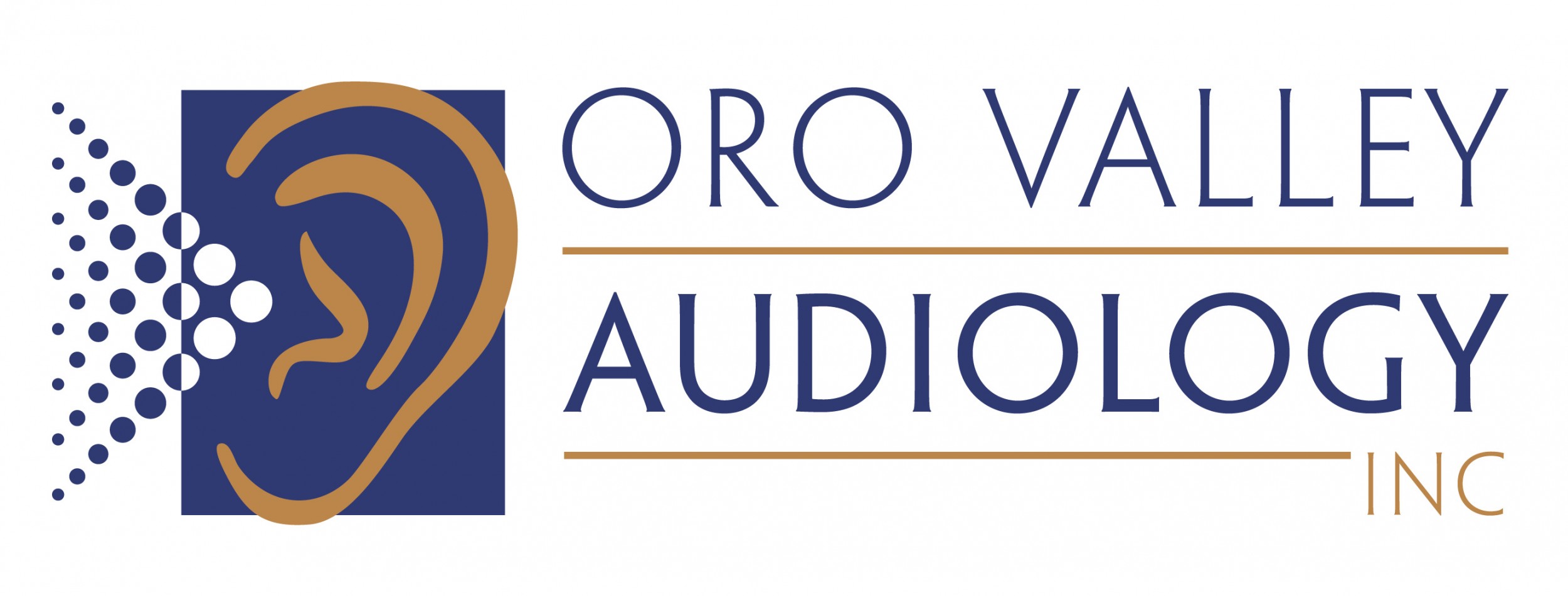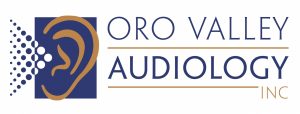Oro Valley Audiology audiologists provide comprehensive hearing tests in Tucson, AZ.
Hearing tests are essential evaluations to assess your auditory health. Conducted by experienced audiologists, these tests measure hearing acuity, identify hearing loss, and determine the nature and extent of any auditory issues.
Comprehensive hearing tests at Oro Valley Audiology include pure-tone audiometry, speech testing in quiet and noise, and Impedance for middle ear and lower brainstem functioning, Otoacoustic emissions for outerhaircell damage in the cochlea and high frequency puretone testing, providing valuable insights into your hearing abilities and health of the entire auditory system. We also conduct Auditory Brainstem testing when we suspect the auditory system may have a problem up to the brain.
Early detection through regular hearing tests can lead to timely interventions and improved hearing and health outcomes.
Schedule your hearing test today for a thorough assessment of your hearing health.
Why Would I Need a Hearing Exam?
Hearing exams conducted by professional audiologists are important for several reasons:
Early Detection of Hearing Loss
Regular hearing exams can detect hearing loss early, allowing for timely interventions to prevent further deterioration and preserve hearing abilities.
Diagnostic Evaluation
Hearing exams help identify the type, severity, and underlying causes of hearing loss or other auditory issues, providing valuable information for appropriate management and treatment.
Personalized Treatment Planning
Audiologists use hearing exam results to develop personalized treatment plans tailored to your specific needs, which may include hearing aids, assistive listening devices, auditory rehabilitation, or other interventions.
Monitoring Hearing Health
Regular hearing exams enable audiologists to monitor changes in your hearing health over time, allowing for adjustments to treatment plans as needed to ensure optimal outcomes. Health changes anywhere in the body may affect our auditory pathway including medications, health diagnosis such as diabetes, kidney issues, thyroid issues, blood pressure issues and medication changes. We take a holistic approach to keep you connecting to your world.
Improved Quality of Life
Addressing hearing loss through professional hearing exams and interventions can significantly improve your quality of life by enhancing communication, social interactions, and overall well-being.
What are the types of hearing tests?
Several types of hearing tests are commonly used to assess hearing abilities and identify auditory issues.
- Pure-tone audiometry measures hearing sensitivity across various frequencies, while speech audiometry evaluates speech recognition and understanding in quiet and in noise.
- Impedance assesses middle ear function and reactions to louder sounds to assess the function of the middle ear up into the lower brainstem.
- Otoacoustic emissions (OAEs) measure the health of part of the neural pathway in the inner ear.
- Auditory brainstem response (ABR) testing evaluates the auditory nerve’s response to sound, useful for diagnosing higher level neurological hearing disorders.
Hearing Test: What To Expect
During a hearing exam, you can expect a thorough evaluation of your auditory health conducted by a professional audiologist.
The process typically includes:
- Case History: You’ll provide information about your entire medical history, hearing concerns, and noise exposure but may expand to more depending on what is discussed.
- Physical Examination: The audiologist will examine your ears for visible abnormalities or blockages and overall health of ear canal and ear drum. We will also want to see some wax!
- Pure-Tone Audiometry: Inserts or headphones will be placed by the provider and each of you work as a team to record the softest level heard for the audiogram. We monitor hearing in the higher frequencies outside of the “normal” audiogram as this is better for early detection in auditory changes.
- Speech Audiometry: You’ll listen to and repeat words at different volumes to assess your ability to understand speech.
- Tympanometry: A probe will be placed in your ear to measure how your eardrum responds to changes in air pressure.
- Otoacoustic emissions: This “echo” exam is used to monitor the health of nerves in the inner ear and can be more sensitive to change in hearing before is shows on the “normal” audiogram.
- Additional Exams(if needed): Depending on your results and specific concerns, the audiologist may conduct further evaluations such as auditory brainstem response (ABR) testing and Auditory Processing screening for brain health.
Throughout the process, a Doctor of Audiology will explain each step and ensure your comfort. The results will be discussed, and if necessary, recommendations for further treatment or management will be provided.
Overall, a hearing exam is an informative process that helps determine your hearing health and any necessary interventions (such as hearing protection, therapy or devices) to address hearing concerns.
Hearing Test Results
After obtaining and interpreting the results, the Doctor of Audiology will discuss their implications and recommend appropriate next steps:
Treatment Options
Depending on the severity and type of hearing loss, treatment options may include hearing aids, assistive listening devices, cochlear implants, medical intervention, Auditory Processing therapy or auditory rehabilitation.
Further Evaluation
If the results suggest underlying medical conditions or abnormalities, the audiologist may refer you to an otolaryngologist or other specialists for additional evaluation and management.
Follow-Up
Regular monitoring of hearing health may be recommended, especially if hearing loss is progressive or if there are other risk factors present such as high blood pressure or diabetes.
Getting accurate hearing exam results allows for personalized recommendations and interventions to address hearing concerns and improve quality of life.
Best Practices of Hearing Tests
Consulting a doctor of audiology is crucial for accurate diagnosis and appropriate management of hearing-related issues.
Audiologists at Oro Valley Audiology undergo extensive training and education in evaluating and treating the hearing system, identifying hearing disorders while ensuring that you receive expert care tailored to your specific needs.
Our expertise extends beyond hearing exams to include diagnosing and treating various auditory conditions, ensuring comprehensive care for your auditory and holistic health.
How Testing from an Audiologist is Different from a Hearing Aid Dispenser
Testing from an audiologist differs significantly from that of a hearing aid dispenser in terms of expertise and scope of practice. Audiologists hold advanced degrees in audiology and are licensed healthcare professionals trained to diagnose and treat a wide range of hearing disorders. They conduct thorough assessments using specialized equipment and interpret results to develop personalized medical treatment plans.
On the other hand, hearing aid dispensers primarily focus on fitting and dispensing hearing aids. While they may conduct basic hearing tests for the sole purpose of fitting a hearing aid. Hearin Instrument specialist’s scope of practice is limited compared to audiologists as they are not medically trained to deal with tinnitus, complex medical issues and auditory therapy just to name a few.
Audiologists provide comprehensive hearing healthcare, including diagnostic evaluations, hearing conservation protocol, medication monitoring that may affect hearing, counseling, and rehabilitation services, ensuring optimal outcomes for individuals with hearing loss or other auditory issues.
Call or visit Oro Valley Audiology if you need to see an audiologist in Tucson, AZ.
Hearing Tests in Tucson, AZ
Oro Valley Audiology provides comprehensive hearing tests in Tucson, AZ.
We help you hear better, easier, and safer.
Contact us today to start living your best life with better hearing!


